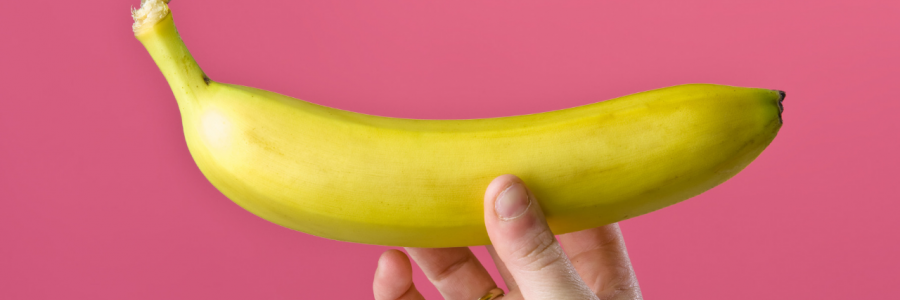Let’s talk fruit ?
Something we hear often is that people avoid fruit because it’s high in sugar and it makes you fat. Yes, fruit does contain fructose and glucose. However, the way sugar in fruit is metabolized is completely different than refined table sugar.
First let’s make one thing clear – an excess of anything is going to make you fat. If you eat 3000 calories worth of chicken breast but your energy output for the day is only 2000 calories, your body will store the excess protein as fat. If you eat 1000 calories worth of bananas and your energy output is 2000 calories, you will likely lose weight. Will it effect your body composition, hormones, insulin sensitivity and sanity? Yes. So please don’t go eating bananas all day long!
Sugar metabolism is an extremely complicated process with plenty of caveats, so we’ll try to keep it simple. Glucose is the sugar molecule that goes straight to the liver for processing. Fructose is the other sugar molecule that gets processed through the GI tract – this takes a bit longer and is distributed throughout the body as required. Both are required for energy.
When fructose is combined with fibre (this includes all fresh fruit), about 30% of the sugar is actually not digested and distributed. Instead it’s gobbled up by the healthy bacteria in your gut keeping them alive and keeping your digestive system operating optimally. Fruit does contain glucose as well, which converts to glycogen in the liver and gives us energy. Overconsumption (which happens VERY easily) leads to glucose being stored as fat.
In addition, because of the fibre, vitamins and minerals that come with a piece of fresh fruit, it slows down the insulin response. This ensures you’re not getting those huge spikes and surges of energy that come with a can of Coca Cola.
Beware of added sugar in literally EVERYTHING. It has proven to be addicting and very quickly leads to overconsumption. The recommended sugar consumption for women in Australia is 6 teaspoons per day which is about 25 grams. For men, it’s 9 teaspoons or 38 grams. One chai latte and a cranberry orange muffin from a very popular chain coffee shop contains a whopping 78 grams of added sugar – over double the recommended intake in one snack!
Do not avoid fruit! Yes it has sugar, no it is not going to make you fat. If you’re reading this and trying to rehabilitate your relationship with fruit, try to stick to one piece for breakfast and another piece right after your workout. This guarantees it will be converted into energy instead of fat.
Bananas are perfect in your morning porridge or your post workout smoothie. They contain high levels of potassium which aid in recovery and electrolyte replenishment. They also contain Vitamin B6, Vitamin C, copper and magnesium.
Don’t neglect your bananas – or your fruit!! ?

